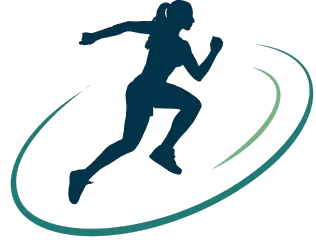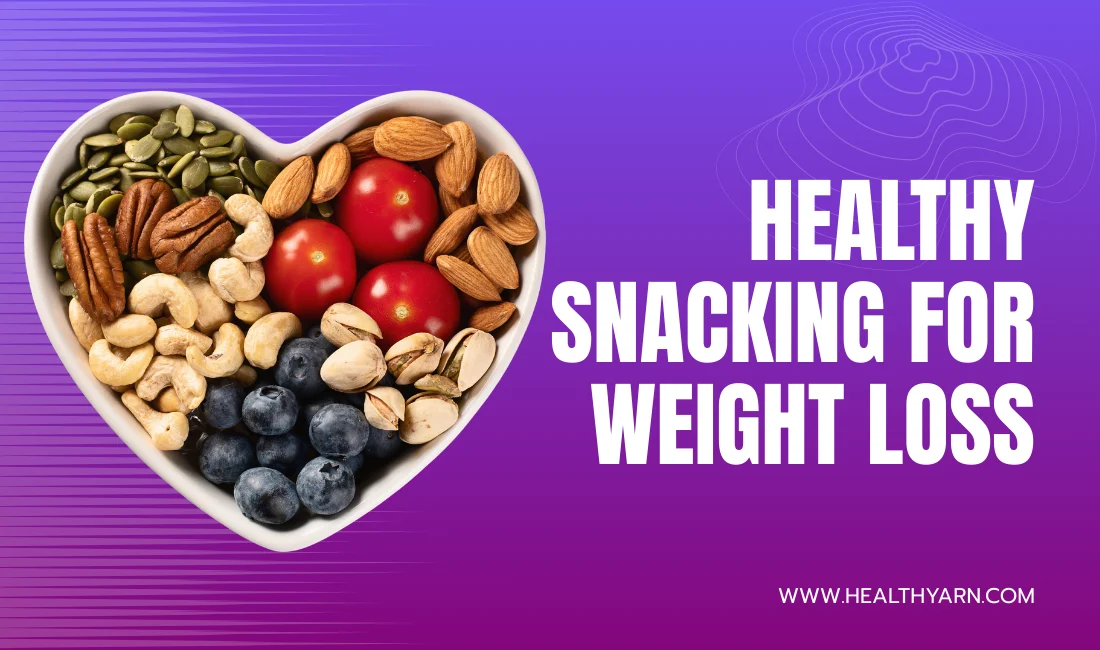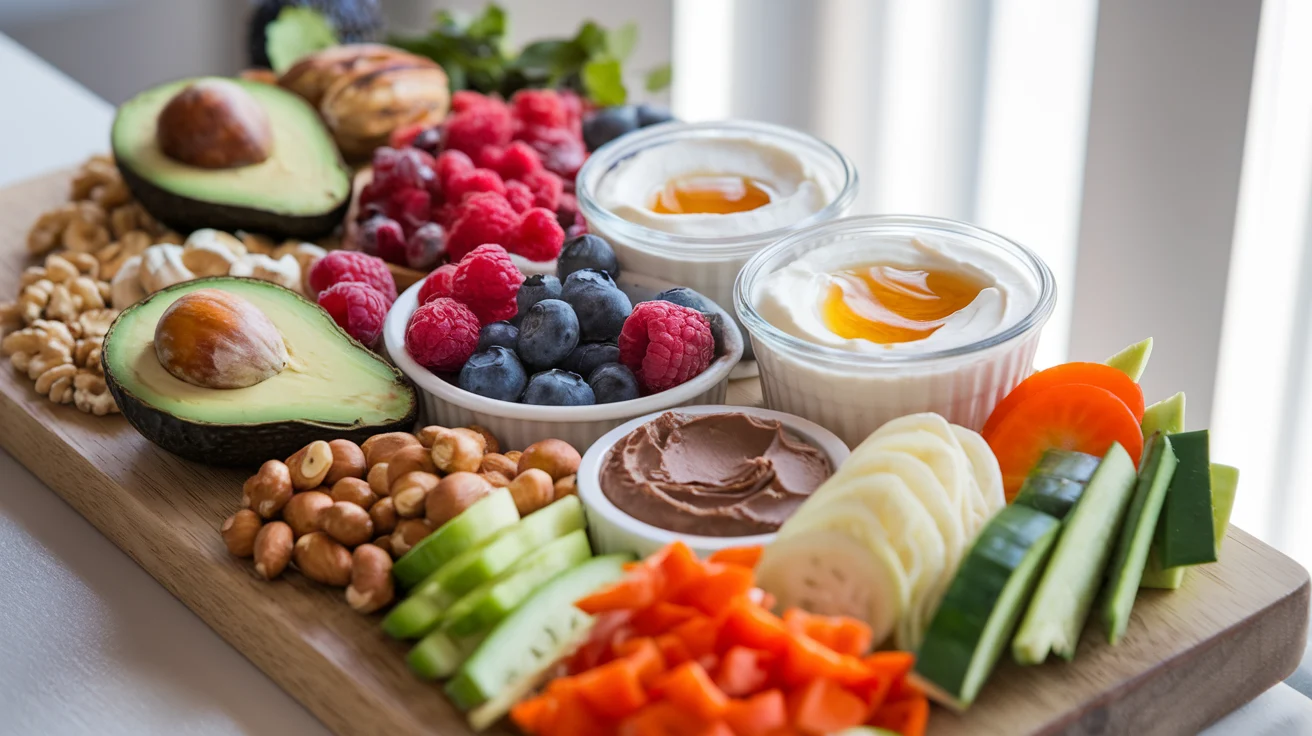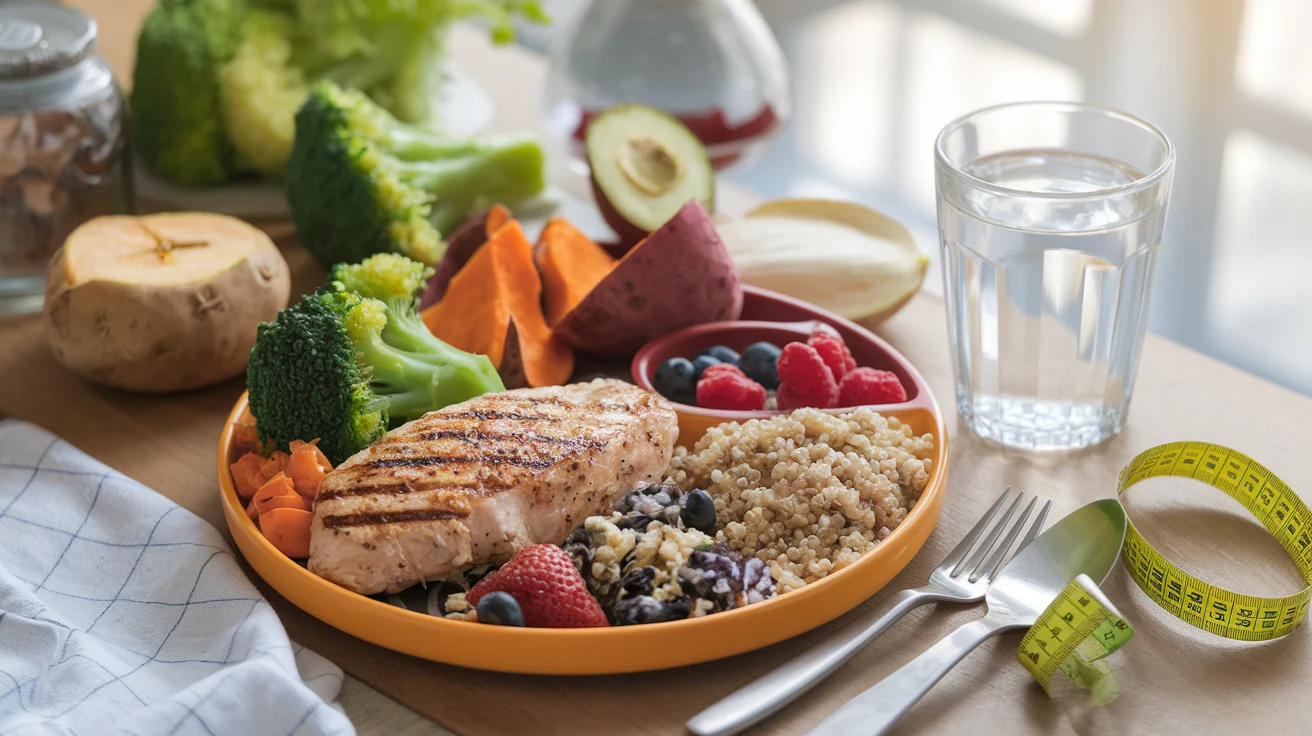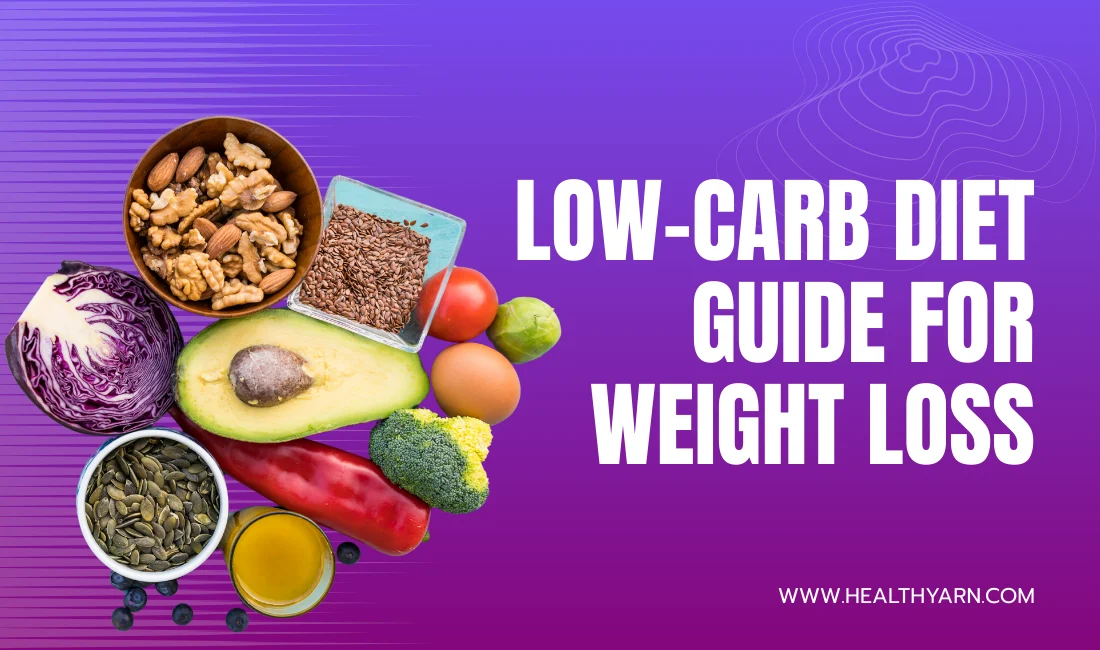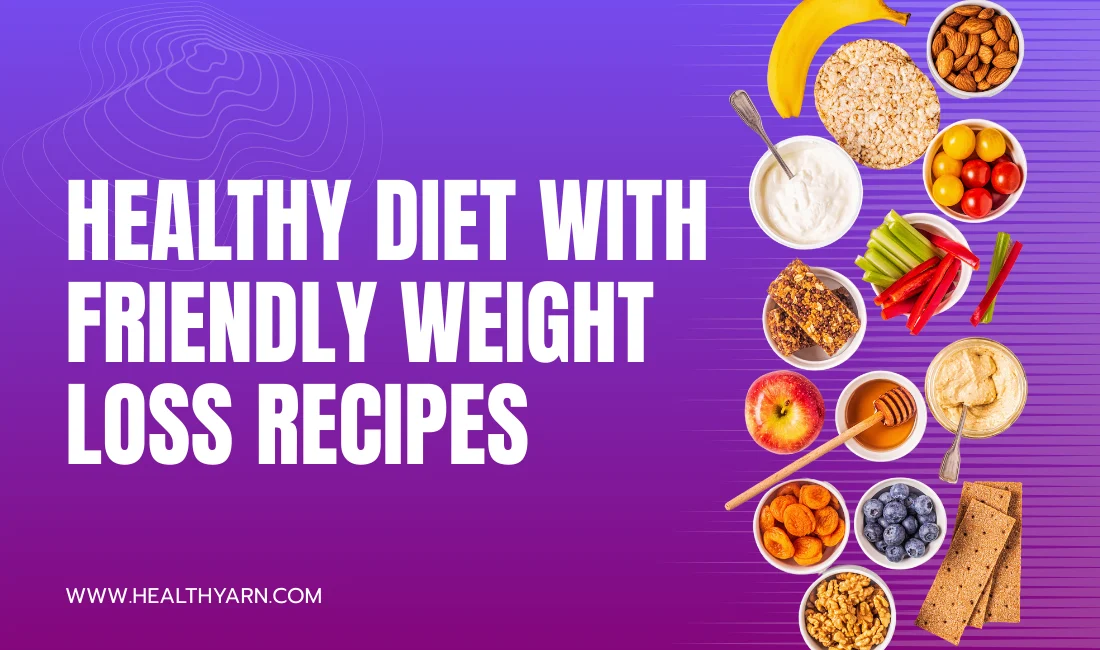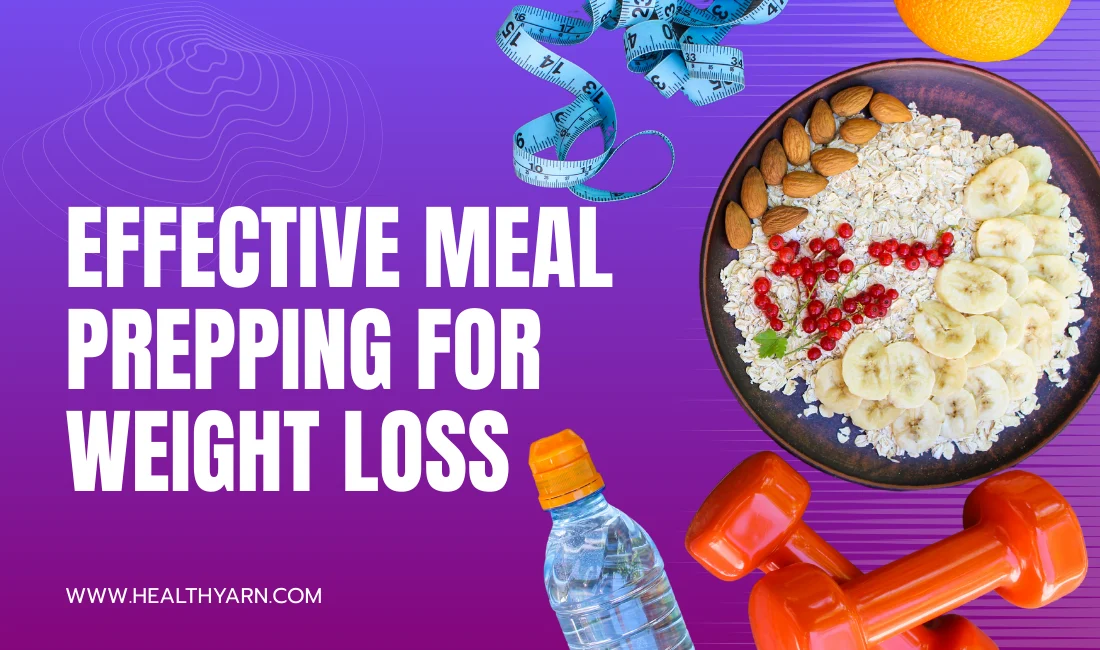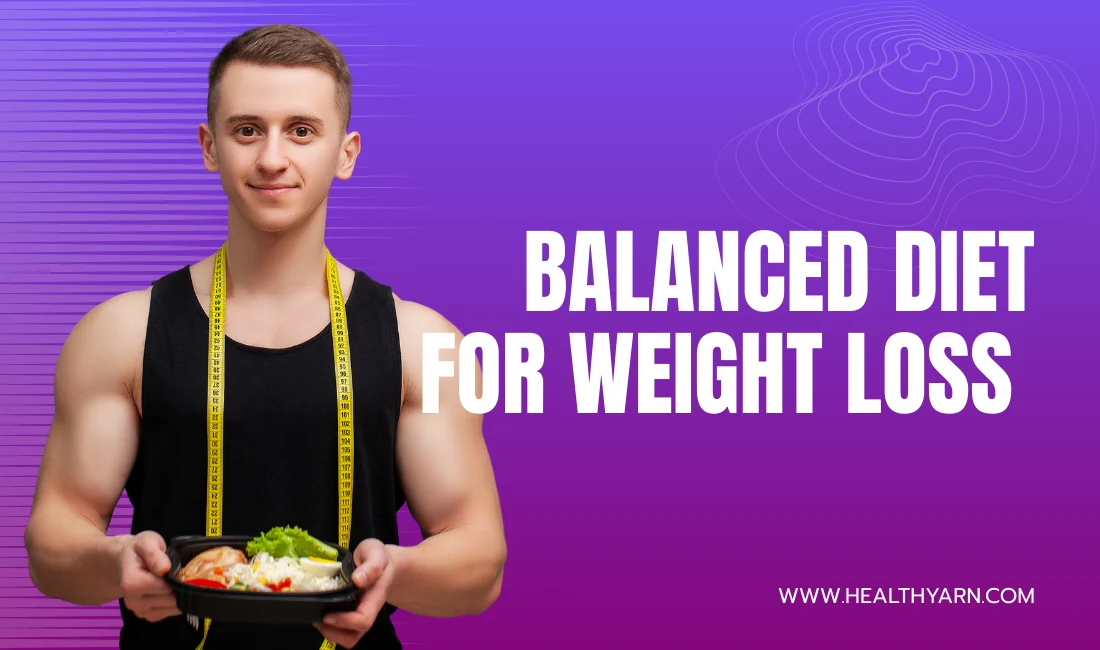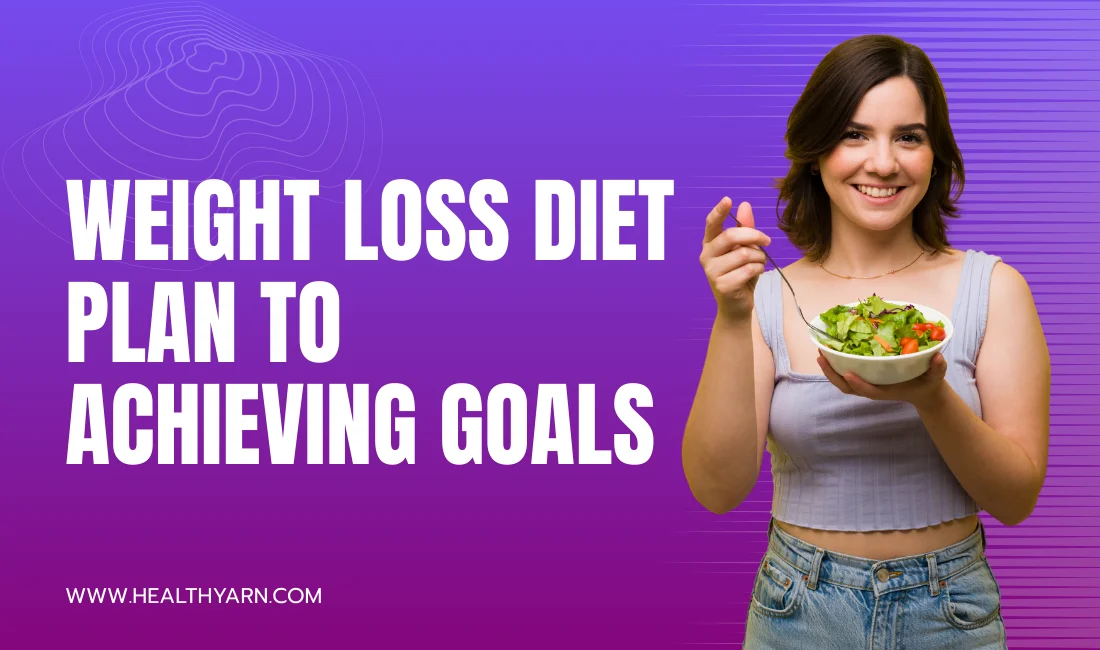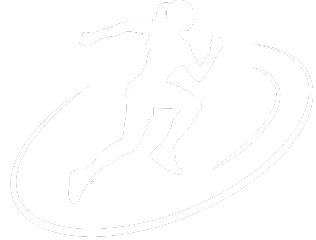Introduction to Healthy Snacking for Weight Loss
In the quest for weight loss, many individuals often overlook the importance of healthy snacking. While it may seem counterintuitive, incorporating balanced healthy snacking for weight loss into your diet can actually be a beneficial strategy for achieving your weight loss goals. In this article, we will explore the significance of healthy snacking, how it can be a part of a balanced diet, and the various benefits it offers.
Importance of Healthy Snacking for Weight Loss
When it comes to weight loss, the focus is often placed solely on main meals while disregarding the impact of snacks. However, healthy snacking plays a vital role in weight management. By opting for nutritious snacks, you can keep your metabolism active and prevent unhealthy cravings. Moreover, when you include healthy snacks in your diet, you are less likely to overeat during meals, as snacks help control hunger and regulate portion sizes.
Snacks as a Part of a Balanced Diet
A common misconception is that snacks should be eliminated entirely when aiming to shed pounds. However, this approach is not only impractical but also unsustainable. Instead, snacks should be viewed as an integral part of a balanced diet. When chosen wisely, snacks can provide essential nutrients, keep energy levels stable, and enhance overall well-being. The key lies in making informed choices and incorporating snacks that align with your weight loss goals.
Brief Overview of the Benefits of Healthy Snacks
Healthy snacks offer a multitude of benefits beyond weight management. They provide a steady supply of nutrients, boost energy levels, and improve cognitive function. Additionally, incorporating healthy snacks into your diet can help regulate blood sugar levels, reduce the risk of chronic diseases, and promote a healthier lifestyle overall. By embracing healthy snacking, you can nourish your body while working towards your weight loss objectives.
Understanding Weight Loss
Before delving deeper into the significance of healthy snacks for weight loss, it is crucial to comprehend the concept of weight loss itself. Weight loss refers to the process of shedding excess body weight in a sustainable manner. While physical activity plays a significant role, diet is a key factor that influences weight loss goals.
The Role of Diet in Achieving Weight Loss Goals
When it comes to weight loss, the adage “you are what you eat” holds true. No matter how much exercise you engage in, if your diet is not aligned with your weight loss goals, progress may be limited. Caloric deficit, where you consume fewer calories than you burn, is essential for shedding pounds. By incorporating healthy snacks into your diet, you can strike a balance between caloric intake and energy expenditure, facilitating weight loss.
Importance of Incorporating Healthy Snacks into a Weight Loss Plan
While it may be tempting to resort to extreme measures such as crash diets or strict meal plans, these approaches are often unsustainable and may compromise your health. Integrating healthy snacks into your weight loss plan ensures that your body receives a steady supply of nutrients while avoiding feelings of deprivation. Healthy snacks act as fuel, providing sustained energy and preventing cravings that can derail your weight loss journey.
Criteria for Healthy Snacks
Not all snacks are created equal when it comes to weight loss. To make informed choices, it is essential to consider specific criteria that define healthy snacks.
Nutritional Value and Calorie Content
Healthy snacks should be packed with nutrients while being mindful of their calorie content. Opt for snacks that offer a good balance of macronutrients, including carbohydrates, protein, and healthy fats. Additionally, consider snacks that are rich in vitamins, minerals, and dietary fiber, as they provide essential nourishment for your body.
Low Fat and Sugar Content
When selecting snacks for weight loss, it is important to prioritize options that are low in fat and sugar. Excessive fat and sugar can lead to weight gain and various health issues. Look for snacks that contain minimal saturated and trans fats, as well as limited added sugars. Natural sugars from fruits can be a healthier alternative to refined sugars found in many processed snacks.
High Fiber and Protein Content
Fiber and protein are two key components that contribute to feelings of fullness and satiety. Snacks rich in fiber and protein can help curb hunger and prevent overeating. Incorporating snacks like whole fruits, vegetables, nuts, and seeds can provide a satisfying and nutrient-dense option for your weight loss journey.
Importance of Portion Control
Even with healthy snacks, portion control is vital for successful weight loss. Be mindful of the quantity of snacks you consume, as excessive portions can contribute to caloric surplus. Opt for smaller portion sizes and practice mindful eating to fully enjoy your snacks while keeping your weight loss goals in mind.
Top Healthy Snack Options for Weight Loss
Now that we understand the criteria for healthy snacks, let’s explore some top options that can aid in your weight loss journey.
Fresh Fruits and Vegetables
Fresh fruits and vegetables are excellent choices for healthy snacking. They are low in calories, high in vitamins and minerals, and packed with dietary fiber. Incorporating a variety of fruits and vegetables into your snacks can provide a plethora of nutritional benefits.
Nutritional Benefits of Fruits and Vegetables
Fruits and vegetables are rich in antioxidants, which help protect the body against oxidative stress. They also contain essential vitamins and minerals that support overall health and well-being. Furthermore, the fiber content in fruits and vegetables aids in digestion, promotes satiety, and supports healthy weight management.
Ideas for Incorporating Fruits and Vegetables into Snacks
- Enjoy a refreshing fruit salad with a variety of seasonal fruits.
- Pack sliced vegetables like carrots, cucumbers, and bell peppers for a crunchy and nutritious snack.
- Make homemade smoothies using a combination of fruits and leafy greens for a delicious and filling treat.
Nuts and Seeds for Weight Loss
Nuts and seeds are nutrient-dense snacks that offer a combination of healthy fats, protein, and fiber. They provide sustained energy and can help control hunger between meals.
Nutritional Benefits of Nuts and Seeds
Nuts and seeds are excellent sources of monounsaturated and polyunsaturated fats, which are heart-healthy fats. They also contain protein, fiber, vitamins, minerals, and antioxidants. Regular consumption of nuts and seeds has been associated with a reduced risk of heart disease, improved brain health, and enhanced weight management.
Portion Control and Recommended Types
While nuts and seeds are nutritious, they are also calorie-dense. To avoid excess calorie intake, it is important to practice portion control. A small handful of nuts or seeds is typically sufficient for a snack. Opt for unsalted and dry-roasted varieties whenever possible to minimize added sodium and unhealthy fats.
Greek Yogurt
Greek yogurt is a versatile and nutritious snack option that can be enjoyed in various ways. It is an excellent source of protein, calcium, and probiotics, making it a beneficial addition to a weight loss plan.
Nutritional Benefits of Greek Yogurt
Greek yogurt contains more protein and less sugar compared to regular yogurt. Protein is essential for building and repairing tissues, promoting satiety, and supporting muscle recovery during weight loss. Additionally, the probiotics found in Greek yogurt contribute to a healthy gut microbiome and aid in digestion.
Ways to Enjoy Greek Yogurt as a Snack
- Top Greek yogurt with fresh berries and a sprinkle of granola for a satisfying and nutritious snack.
- Blend Greek yogurt with fruits and vegetables to create a creamy and nutrient-packed smoothie.
- Use Greek yogurt as a dip for sliced fruits or vegetables for a refreshing and protein-rich snack.
Whole Grain Snacks
Whole grains are an important part of a balanced diet and can be incorporated into healthy snacks. They provide complex carbohydrates, fiber, vitamins, and minerals, offering sustained energy and promoting satiety.
Explanation of Whole Grains and Their Benefits
Whole grains, unlike refined grains, retain their bran, germ, and endosperm, making them more nutritious and fiber-rich. They have been associated with a lower risk of heart disease, improved digestion, and enhanced weight management. Whole grains such as oats, quinoa, brown rice, and whole wheat offer a range of health benefits and can be used as a base for satisfying snacks.
Suggestions for Whole Grain Snack Options
- Prepare overnight oats by soaking rolled oats in milk or yogurt overnight and adding toppings like fruits, nuts, and seeds.
- Make a batch of homemade whole grain granola bars using ingredients like oats, nuts, honey, and dried fruits.
- Enjoy a whole grain wrap filled with lean protein, vegetables, and a light dressing for a nutritious and portable snack.
Hummus and Vegetable Sticks
Hummus, a popular Middle Eastern dip made from chickpeas, pairs well with vegetable sticks and provides a balanced combination of nutrients.
Nutritional Benefits of Hummus and Vegetables
Hummus is a good source of plant-based protein, dietary fiber, vitamins, and minerals. It contains healthy fats from olive oil and tahini, which contribute to satiety. Paired with fresh vegetable sticks like carrots, celery, and bell peppers, hummus provides a satisfying and nutrient-dense snack.
Ideas for Pairing Hummus with Different Vegetables
- Dip carrot sticks, cucumber slices, and cherry tomatoes into hummus for a flavorful and nutritious snack.
- Spread hummus on whole grain crackers and top with sliced bell peppers for a crunchy and protein-packed treat.
- Use hummus as a spread on a whole wheat pita filled with mixed vegetables for a satisfying and balanced snack.
Protein Bars or Shakes
Protein bars or shakes can be convenient options for on-the-go snacking, especially for individuals with busy lifestyles or those who require additional protein intake during weight loss.
The Role of Protein in Weight Loss
Protein is essential for building and repairing tissues, supporting muscle growth, and aiding in weight loss. It promotes feelings of fullness and helps preserve lean muscle mass while reducing body fat. Incorporating protein bars or shakes into your diet can be beneficial, especially when seeking a quick and convenient snack option.
Factors to Consider When Choosing Protein Bars or Shakes
When selecting protein bars or shakes, it is important to consider their nutritional composition. Look for options that are low in added sugars, artificial additives, and unhealthy fats. Read the labels to ensure they contain an adequate amount of protein per serving and choose brands with a good reputation for quality and taste.
Tips for Incorporating Healthy Snacks into a Weight Loss Plan
Now that we have explored various healthy snack options, let’s discuss some practical tips for incorporating them into your weight loss plan.
Planning and Prepping Snacks in Advance
To ensure you have healthy snacks readily available, it is essential to plan and prepare them in advance. Set aside some time each week to plan your snacks for the upcoming days. Purchase the necessary ingredients, wash and chop fruits and vegetables, and portion out snacks into individual containers. This way, when hunger strikes, you have nutritious options on hand instead of resorting to unhealthy choices.
Smart Snacking Strategies for Different Situations
Snacking doesn’t have to be limited to just home. With some smart strategies, you can make healthy choices wherever you go. Consider these tips:
- Carry portable snacks like whole fruits, nuts, or protein bars in your bag or car for on-the-go snacking.
- When dining out, opt for healthier choices like a side salad or vegetable-based appetizers instead of calorie-laden options.
- Keep a stash of healthy snacks at your workplace to avoid indulging in vending machine temptations.
Avoiding Common Pitfalls and Unhealthy Snack Choices
While healthy snacking is beneficial for weight loss, it is important to be mindful of potential pitfalls and avoid unhealthy snack choices. Here are some tips to keep in mind:
- Limit your intake of processed snacks high in added sugars, unhealthy fats, and artificial ingredients.
- Be aware of portion sizes and practice mindful eating to avoid mindless snacking and overconsumption.
- Stay hydrated by drinking water throughout the day, as thirst can often be mistaken for hunger.
Conclusion
Incorporating healthy snacks into your weight loss plan is not only possible but also essential for sustainable and balanced progress. By understanding the importance of healthy snacking, choosing nutritious options, and following smart strategies, you can nourish your body while working towards your weight loss goals. Remember, the journey to weight loss is a marathon, not a sprint, and establishing a sustainable and balanced snacking routine is key to long-term success.
Recap of the Importance of Healthy Snacks for Weight Loss
Healthy snacks play a crucial role in weight management by providing essential nutrients, regulating hunger, and controlling portion sizes. They contribute to a balanced diet and support overall well-being.
Final Thoughts on Creating a Sustainable and Balanced Snacking Routine
When it comes to weight loss, healthy snacking is not only about what you eat but also about how you eat. By incorporating a variety of nutritious snacks, planning ahead, and making mindful choices, you can create a sustainable and balanced snacking routine that supports your weight loss journey.
